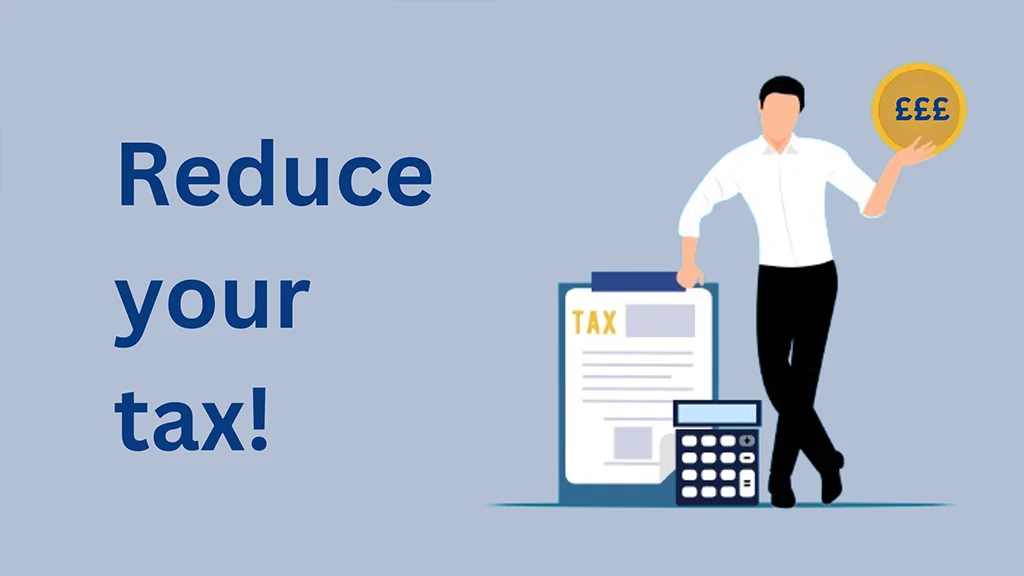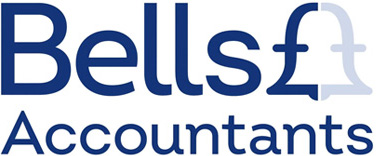
When your tax bill is calculated you can be forgiven for wondering why you’re running a business when so much of your hard-earned income disappears into the coffers of HMRC.
Here are some ways to reduce your tax bills – legally and ethically!
Employ your family
If any of your family help you in the business you can pay them a wage, which will reduce your tax bill. Even if they’re not involved in the business you can give them shares and pay them a dividend – currently there is a tax free allowance of £500 that applies to dividends, so that won’t incur additional income tax for them.
NOTE: Children must old enough to have an NI number to be paid a wage.
Convert to a limited company
If you are a sole trader or a partnership you may be paying higher rate taxes. Talk to your accountant about the benefits of setting up a limited company.
Pay yourself intelligently
If you are a limited company director, ensure you are using the most tax efficient methods of extracting money from your business. Drawing a low salary and topping up by taking dividends will reduce the amount of PAYE and employee NI the company is liable for.
Keep your salary low enough to meet legal requirements or qualify for state benefits like a pension.
Lend money to another company
Loans can be made via an intercompany loan and then the money can be used for another business venture or to invest in property. And dividends between companies are tax free.
Claim for working from home
If you use your home for business purposes, you can claim a tax deduction for this.
Pensions get tax relief
If you contribute to a registered pension scheme, you can get tax relief on your contributions. If contributions are made by your own limited company this will reduce your Corporation Tax bill. If you’re a sole trader you can claim personal tax relief on pension contributions.
Make a smart Will
Update your Will to minimise the inheritance tax consequences of your death. Investigate relevant life and critical illness cover, to ensure your loved ones are taken care of and your business has a succession plan should the worst happen.
Register for VAT
The compulsory registration threshold is £90,000 of turnover in any rolling twelve months. Ensure you register for VAT on time to avoid costly penalties. It may be beneficial to set up VAT registration even if you’re beneath that threshold as it allows you to claim the VAT back on your purchases and offset it against that VAT your customers pay you.
If you have already registered for VAT, there are different schemes for paying, such as the flat rate scheme and cash accounting. These can save you money and improve your cash flow.
Buy the right vehicles
New electric cars get 100% tax relief, so that may be worth exploring when you are planning new vehicles. There can be advantages and disadvantages to a limited company owning a vehicle or it being owned by an individual and then travel expenses being charged. Get some advice from your accountant about which will work best for your situation.
Use Tax Free benefits
The following benefits paid on behalf of your staff can be tax free:
- Provision of a workplace nursery
- Lunch vouchers
- Green transport
- Some relocation expenses
- Cars used for carpooling
- Mobile phones
- £50 trivial benefits
Director’s loans
If you loan your business money you can charge the company interest on this and make the most of the savings allowance! This must be at a commercial rate. You do need to tell HMRC about the interest payment you receive in your personal tax return.
Time purchases
Depending on your year end, there are better and worse times to purchase assets or make investments through your company in terms of when you will get the tax relief. Talk to your accountant to time your purchases to perfection!
Don’t get fined!
Ensure you complete all tax and VAT returns on time to avoid fines and interest.


Anna Young, Bells Accountants


